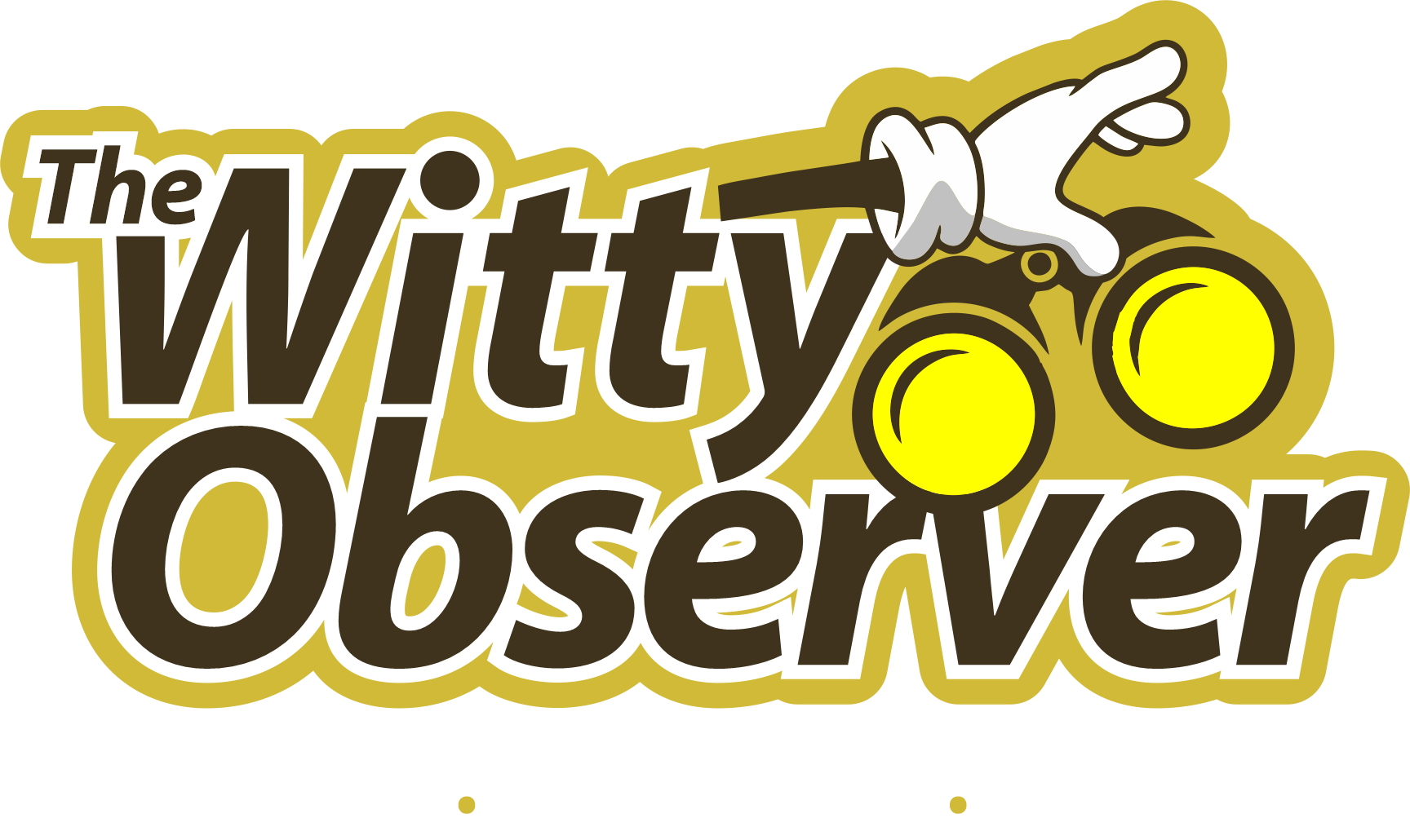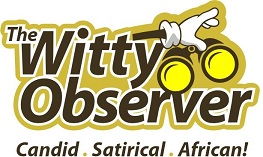We’ve been busy pointing fingers at President Nana Addo Dankwa Akufo-Addo, calling him rude, arrogant, and dismissive. The question is, do we have any right to make these accusations?
Before you start yelling “Ei!” and directing your thumb at me, as my Ga brothers would, let’s take a good, hard look in the mirror. We might see that the president serves us a taste of our kenkey.
The real question is—are we ready to change the way we see authority, or are we just looking for a scapegoat?
While this piece focuses on Ghana, it explores the tension between traditional respect for authority and modern democratic ideals. This disconnect between societal norms and political expectations—resonates far beyond our borders. From Asia to Latin America, societies face similar contradictions as they navigate the path of modernisation while holding onto cultural values. As you read, consider how these dynamics might play out in other nations transitioning from traditional to more open, democratic systems.
II. Respect for Authority: The Ghanaian Paradox
In Ghana, respect is a national sport. From the moment we can toddle, we’re taught to bow our heads to elders, call everyone, including their dog, ‘Uncle’ or ‘Auntie’, and never talk back. In our homes, the Father’s word is the law. At work, the boss might as well be Otumfuo himself. We’ve got more titles than a bookshelf for leaders – Honourable, Bossu, Chief, Massa, Nana this, Nana that. These titles have one thing in common: a sycophantic lullaby that can put the most vicious dictator to sleep.
But here’s the kicker: the moment our President acts like any other big man we’ve trained our leaders to be, we cry a river! We want our leaders to be strong and decisive, but heaven forbid they decide without consulting every Ama, Dela, and Mensah. Our culture is not expansive enough to question authority; that’s the white man’s game. Just because we have practised democracy for decades does not mean we understand or want all of it.
Take the case of Afia Pokua and the Asantehene, which exemplify these cultural expectations. When the journalist criticised Otumfuo Nana Osei Tutu II, the backlash was swift. A few professed her arguments had merit, but the problem was she dared to challenge an authority figure without the usual deference. She embarked on an apology tour to appease public outrage, even visiting the Manhyia Palace to offer personal contrition. This incident highlights the unwritten rule in Ghanaian society: no matter the validity of a critique, the authority must be approached with extreme caution. In a culture where reverence trumps reason, constructive criticism is often silenced to preserve hierarchy and appearances. And so, why do you think you can approach the president anyhow and expect him to listen?

Wake up and smell the Koko, Ghana! We can’t have our respected elders and eat them, too. We’ve spent generations building a culture of unquestioning things, and now we’re shocked when our leaders expect us to hush and let them lead. It’s like raising a lion cub and then being shocked when it roars!
III. Paternalistic Leadership: The Father We Asked For
Let’s talk about our love affair with ‘father figure’ leaders. We’re so obsessed with robust and paternalistic leadership that you’d think we’re all orphans looking for a national Papa. From the boardroom to the classroom, we crave leaders who’ll tell us what to do, how to do it, and when to breathe while we’re at it. We are told not to challenge authority when we take a new job.

African fathers don’t ask for your opinion before they ground you, consult a committee before deciding what family decision to make, and certainly don’t take kindly to being called rude when they’re just trying to keep the house in order.
Look at our workplaces—the boss’ word is the gospel. In our churches, the pastor’s declaration is straight from heaven. Can any of you question your pastor, Imam, or the traditional ruler who is the custodian of the gods of your village? Even in our markets, the queen is not questioned.
Therefore, what makes us think that we deserve the right to question an 80-year-old man? An octogenarian who, by any African tradition, is a symbol of cultural authority, heritage, family structure, spiritual significance and social status. Do you mean you want him to respond to your demands, threats, and insults on social media and the press because you saw Brits do that to Boris Johnson? You are probably from Lala land.
We can’t demand paternalistic leadership and then cry foul when we get exactly what we ordered!
Social Order: The Price of Peace
Finally, let’s talk about our obsession with ‘peace,’ shall we? We love our social harmony so much that we’d probably nominate it for president. We’re the kings and queens of conflict avoidance, masters of the diplomatic ‘maybe,’ and champions of fama nyame.
From family gatherings where we sweep issues under the rug, we’ve created a society where truth is as rare as snow in Tamale. How can we dare to complain when our leaders follow the same rules? Ghana’s obsession with peace has created a double-edged sword: it sustains social order but stifles truth and progress. By avoiding confrontation at all levels—in families, communities, or government—we have taught our leaders that disagreement is dangerous and silence is golden.
What about our big men in their big offices? They can’t even manage a “good morning” to the cleaner, but heaven forbid the president doesn’t smile and wave at every critic.
And don’t get me started on how we treat our subordinates at work. We expect them to read our minds, anticipate our needs, and God help them if they dare to question our almighty wisdom. But when the president does the same? Oh, suddenly, it’s a problem!
We are the problem! We’ve created our leaders the way they are. We’re not looking for a polite president; we’re looking for a scapegoat for our behaviour!
Tiger’s Roar

We’re drowning in a sea of hypocrisy. How many of you cheer when President Donald J Trump bulldozes through press conferences, insults his opponents, calling his rudeness “strong leadership,” but clutch your pearls when my president, His Excellency Nana Addo Dankwa Akufo-Addo, dismisses a critic?
This double standard is twisted!
A Call for Collective Reflection
As we scrutinise President Akufo-Addo’s behaviour, we must examine our own. The perceived rudeness, arrogance, and dismissiveness we criticise in our leader are not anomalies. They reflect our societal norms. We’ve cultivated a culture that values strength over sensitivity and decisiveness over deliberation.
I am not saying that our culture accepts rude behaviour as a matter of experience. It’s the opposite. However, when it comes to the behaviour of leaders, the president is normal. If we desire a more respectful, accountable leader, we must start by being more respectful, responsible citizens. We must foster environments—in our homes, workplaces, and communities—where open dialogue is encouraged, critique is not seen as disrespect, and authority is balanced with accountability.
The change we seek in our nation’s leadership must begin with us. Before we point fingers at Jubilee House, let’s ensure our hands are clean. It’s time to bridge the gap between our democratic aspirations and cultural practices to evolve our understanding of respect and authority in a modern context.
Ghana, the choice is ours. Do we want leaders who mirror our society? Or are we ready to look in the mirror, acknowledge our part in shaping this reality, and commit to change? The future of our democracy depends on our choice.
Translation
Kenkey: A fermented cornmeal dish popular in Ghana.
Otumfuo, the Asantehene, is a revered traditional ruler of the Ashanti kingdom.
Directing your thumb at me, as my Ga brothers: – A vulgar gesture among the Ga people of Ghana.
Koko, or Hausa Koko: Is a famous Ghanaian breakfast porridge made from millet. It’s known for its spicy and tangy flavour, which comes from adding local spices such as ginger, cloves, and sometimes chilli pepper.
Fama Nyame: In Ghanaian culture, particularly among the Akan people, means “Leave it to God” or “Put it in God’s hands. ” It reflects a deep sense of faith and trust in divine intervention, suggesting that one should let go of one’s worries and trust that God will handle the situation.




